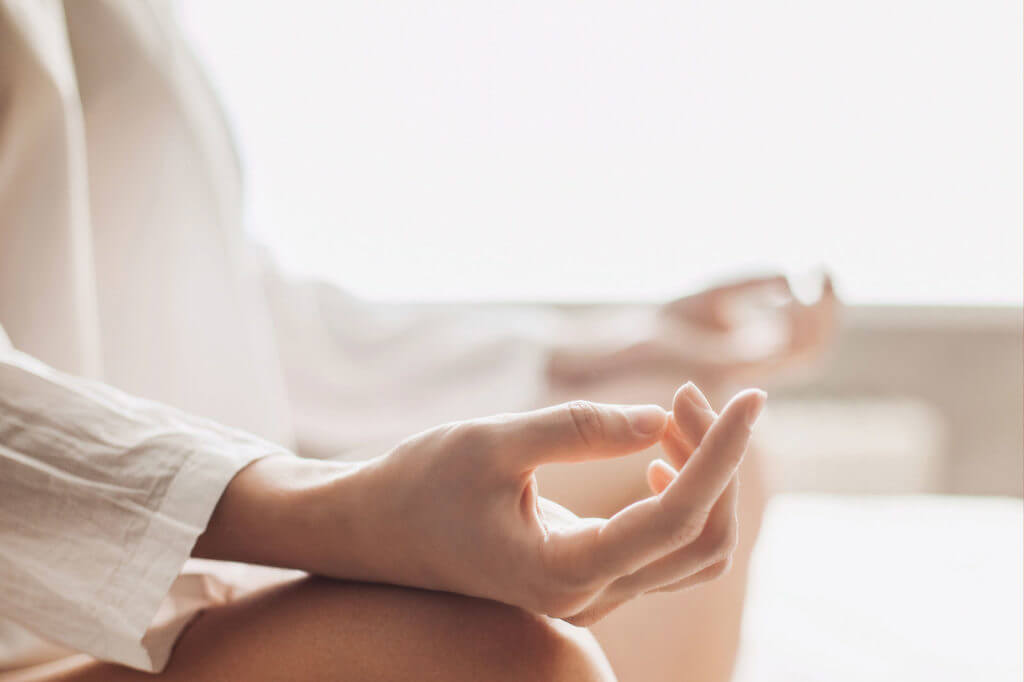
When getting into an exercising habit, do you plan your recovery days as well?
You’ve created your exercise routine, you work out regularly, and you’re feeling good! But did you know that rest and recovery is just as important to your physical health and fitness as the workout itself.
If you’re ready to set up your recovery day plan, try our six tips on creating the ultimate rest day.
1 Rehydrate and Replenish
We all know staying hydrated is vital when you’re exercising but it’s key to your recovery day as well. Sore muscles and headaches are often the result of dehydration and depleted levels of essential minerals like magnesium in the body. Magnesium offers relief from muscle cramps and period pain, helps with sleep, bone health, and also has an alkalising effect on the body’s pH balance, aiding digestion, mental acuity and physical energy. Post-exercise your magnesium levels will tend to drop, due to it playing a vital role in over 300 biochemical functions in your body; if you’re looking to kill two birds with one stone, avoid sugary sports drinks and try something like Magnesia, a spring water containing naturally occurring magnesium. Sourced from a network of mineral springs in the Czech Republic’s Slavkov Forest, the water gets filtered through several layers of rock, meaning it naturally contains high magnesium content and low sodium levels. By drinking one 1.5L bottle over the course of your recovery day, you’ll drink 255mg of magnesium – that’s about 68% of the recommended daily intake.
2 Eating healthy and happy
On a day off, it’s tempting to dive headfirst into a bag of chips or sneak a chocolate or two, and there’s nothing wrong with indulging in these treats. But it’s important to remember that your day off still needs the healthy food fuel that your exercise level requires. While everyone has different tastes, exercise goals, and nutrition requirements, there are a couple basic rules to keep in mind: 1) Quality carbohydrates help restore muscle fuel, and 2) lean proteins help with muscle repair.
3 Get some sleep
Exercise and sleep go hand in hand; the amount of sleep you get affects your energy levels and how you use your energy affects the quality of sleep you achieve. So getting a healthy amount of sleep is important for everyone, no matter how much or little exercise we do. Our bodies and minds require this time to recover and, when we have good quality sleep, produce the growth hormone that allows our muscles to repair.
4 Visualisation is key
On days when your body needs a rest but you want to keep your mind engaged, you can try visualisation. When you visualise something, you activate the part of your brain that works when you’re physically doing the activity. Olympic athletes like Lindsey Vonn and Michael Phelps swear by this technique.
If you need guided help, try using a variation of the 5 Senses Meditation. Imagine the start of your sporting activity; what can you hear, smell, see, taste, and feel? Now begin visualising doing the activity with the best outcome. What does your body do? What thoughts come to mind? Do you do something different from normal?
5 Alternate your training
Doing the same kind of training all the time is a great way to gain very specific skills and to also develop uneven physical health. So if you have a big training session with your team or perhaps you’ve had a long run one morning, the next day try a type of low impact exercise that engages you in a different way. For example, if you do weight training one day, the next you could go for a light swim. Try alternating long runs with tai chi classes. Your body will thank you and the variety will keep you entertained and engaged.
6 Come up with your plan and stick to it
Creating an exercise routine and sticking to it is key in developing good physical fitness and the same rule applies to your recovery routines. This way, instead of feeling guilty for having a day off, you’ll be continuing your fitness routine – just from another aspect. Begin by outlining your exercise days. Then think about when you might need a recovery day. If you have one or two big days a week, then the day immediately following should be your rest day.
This article was originally published in Issue 14 – Say It With Love. You can purchase this issue and enjoy more enchanting content here.




















